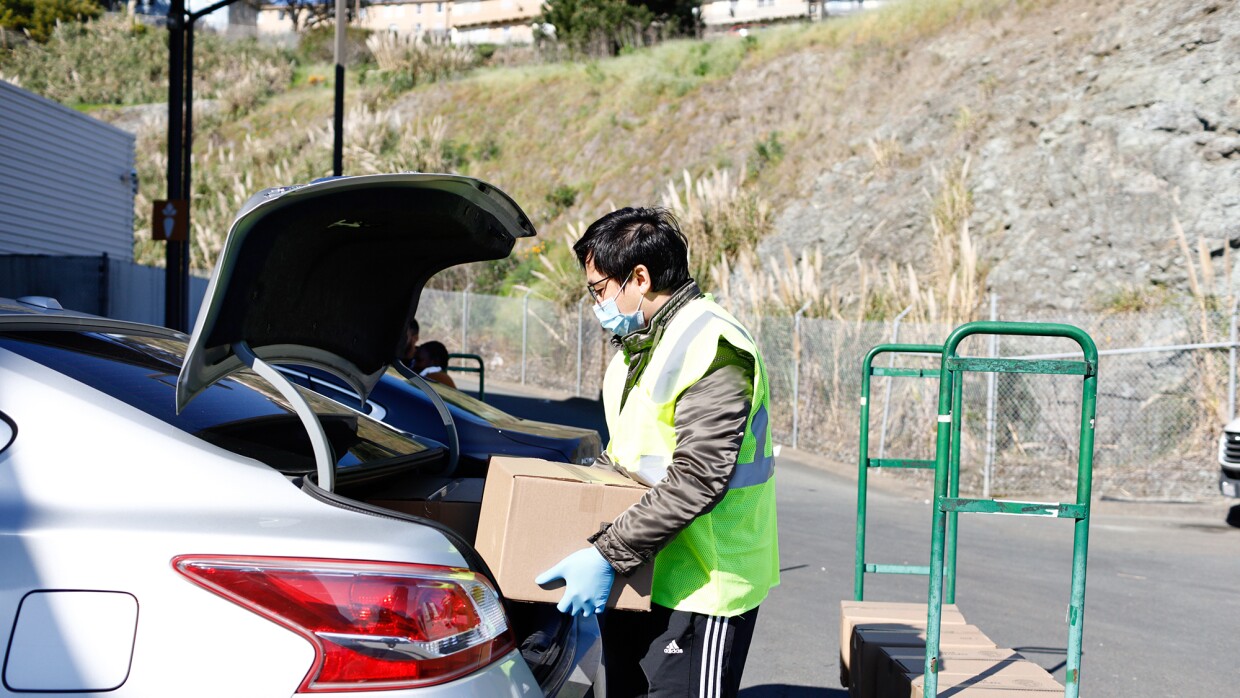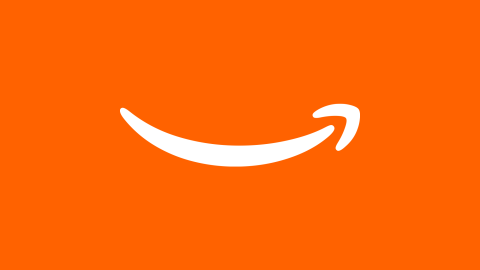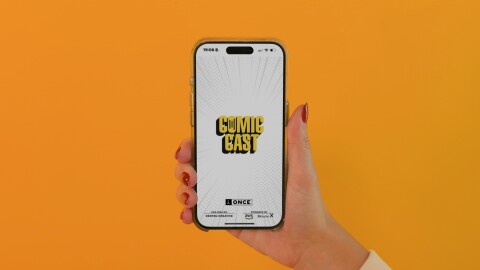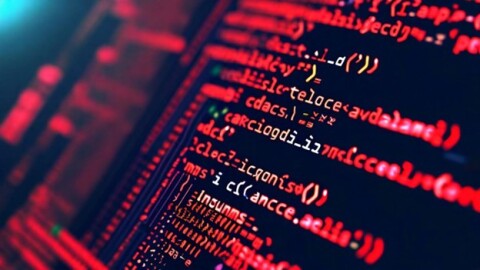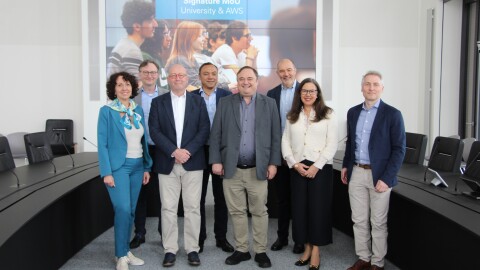Every day of the COVID-19 crisis has brought news stories on the shortage of personal protective equipment (PPE) for frontline workers in affected countries. Now, two brothers in Amsterdam, Netherlands, have come up with a simple and innovative idea to locate surplus PPE – including highly sought-after masks and gloves – and redistribute it to people most in need.
With support from Amazon Web Services (AWS), Omar and Rachid Kbiri have built a digital platform, PPENeeded.com, to enable professionals providing ‘non-essential’ services who would normally use PPE in their day-to-day work – such as beauticians, decorators and builders – to donate their masks and other kit to frontline workers.
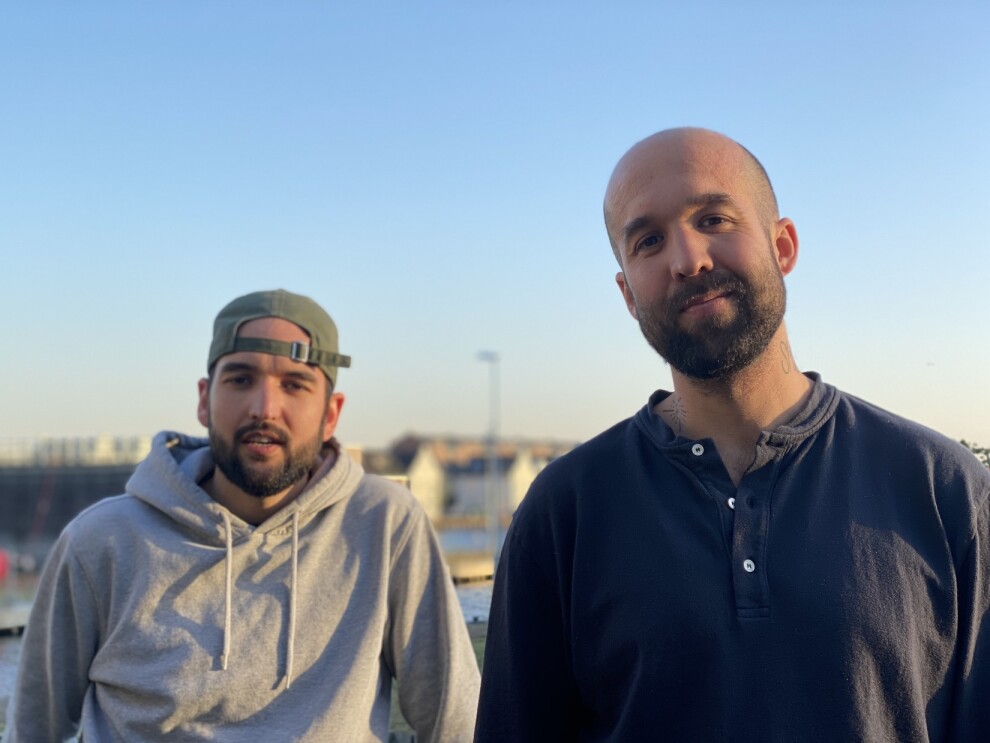
Co-ordinating an effective response
“Although healthcare professionals in the Netherlands have been prioritized for PPE, there are still shortages,” says 35-year-old Omar, who runs a creative production agency, Maak, together with Rachid, 30. “And many other key workers, such as carers, delivery drivers and supermarket cashiers, are lacking the protection they require.”
“People were trying to help, but the response was not organized,” he adds. “There was just no effective, centralized system to enable people to donate this equipment. We saw an opportunity to play our part, by building a platform that brings PPE supplies closer to end users.”
Together with Rachid, who is able to code, Omar started by building a simple website in just two-and-a-half days.
“Our idea was pretty simple,” he explains. “We wanted to make it easier for civilians to give PPE to caregivers who most urgently need it.”
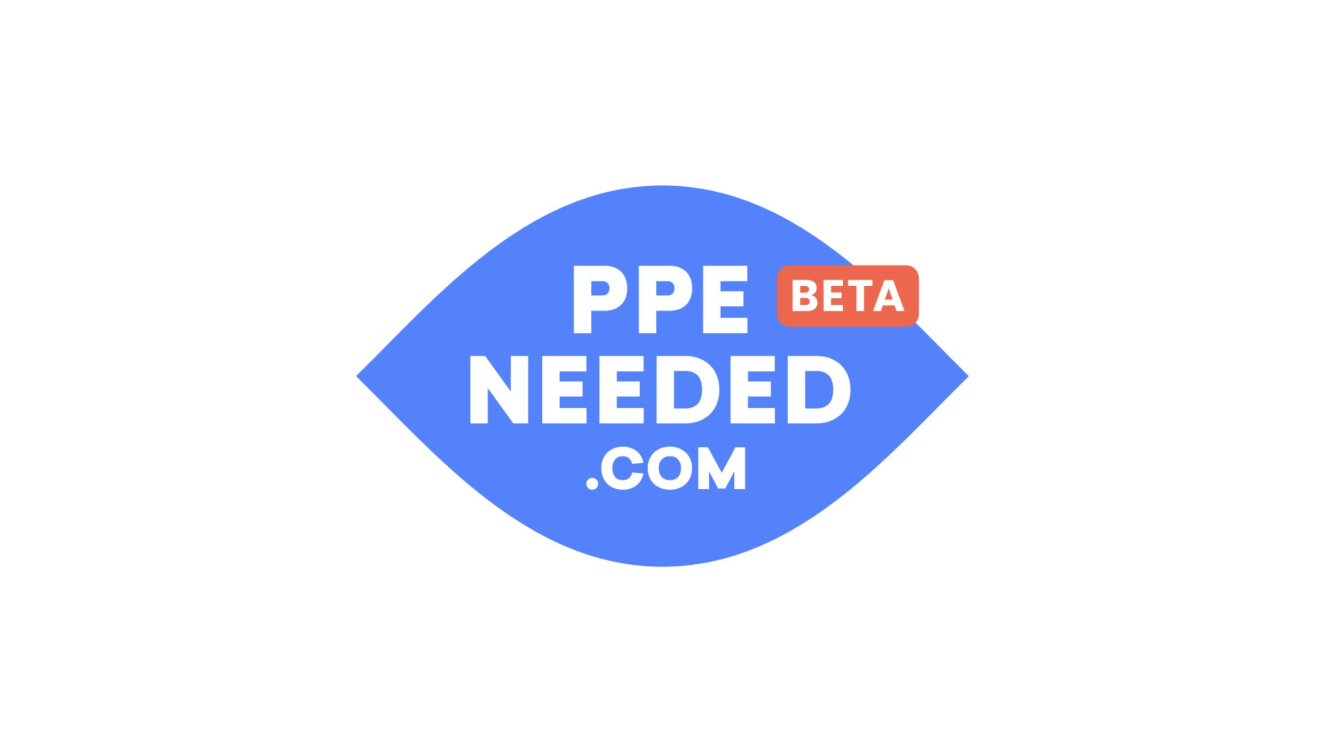
People who have supplies to share can use the platform to find local organizations seeking support and approach them directly. Alternatively, users can publicize available supplies by placing a marker near their area code. Users can only submit their information after committing to donate the PPE for free.
Healthcare workers seeking PPE can either contact suppliers directly or place a marker on the map with a description of their needs. The brothers have found it’s only a matter of time before suppliers and healthcare workers are matched.
They have already collected and distributed more than 50,000 protective masks in a matter of weeks, and the platform is now connected to the Red Cross in the Netherlands.
“We got in touch with Red Cross a few days after we launched, as they had tried to launch their own version. Red Cross volunteers now help with arranging distribution from suppliers to health workers. We’re delighted to be working with them and playing an important role in supporting their work.”
Using AWS technology to create new solutions
Omar and Rachid’s initial learning from the website build enabled them to develop it into a peer-to-peer database, with healthcare workers as the end use. Alongside support from AWS, they have also been supported by Just, a creative agency in Leiden, Netherlands.
“Rachid and I are used to working together and we put a huge amount of effort into our own business, but that’s nothing compared to this,” says Omar. “We have never had so much energy. We just really want to help make a difference during this crisis.”
Omar and Rachid opted for a cloud provider and selected AWS, which would make it easier for them to scale up the site and replicate the idea if required; Rachid also benefited from the dedicated technical support to integrate the project.
“Very quickly, we were able to benefit from the free credits AWS offered us, and access to their technical experts. They’ve guided us through the setup process to ensure the system is perfectly integrated. Their enthusiasm for helping us shone through – it’s become a passion project for them as well.”
Omar first became aware of AWS several years ago, when he saw Dr. Werner Vogels, CTO of Amazon.com, speak at a tech conference.“I was inspired by the idea of combining new data sources with emergent technology to create entirely new products and services. I was lucky to have a quick chat with Werner afterwards, and that conversation planted the seed for the idea we’re working on today.”
The spirit of community
Omar credits his and Rachid’s parents’ entrepreneurial spirit as an inspiration for this “just do it, jump to it” attitude. “We have always been involved in supporting the community, and we benefit from an international perspective thanks to our Moroccan roots,” he says. “When you’re the child of an immigrant, you don’t wait for somebody else to help you. You take on that responsibility yourself.”
“The spirit of community has been incredible,” reflects Omar. “We know one guy who is purchasing 1,000 masks per week and giving them away for free to those in need. We’re also working with the ‘makers’ community, who are tackling the shortfall with laser cutters and 3D printers.”
The brothers say that, as the crisis continues to evolve, they’re ready to adapt the platform accordingly. “Right now, our users need personal protective equipment,” says Omar. “Later on, they might need support with testing and community outreach.”
“With that in mind, our platform can, in theory, be scaled to any country around the world and can be adapted to meet needs as they change.”
“The truth is that we’re not doing anything particularly clever or unique,” he adds. “It’s a simple layer of inputs and outputs, with an intuitive interface, using open source maps, which makes it easier to replicate. You could say the only ‘unique’ part is us – the fact that we took the idea and made it happen. It was just a natural reaction to wanting to help.”


